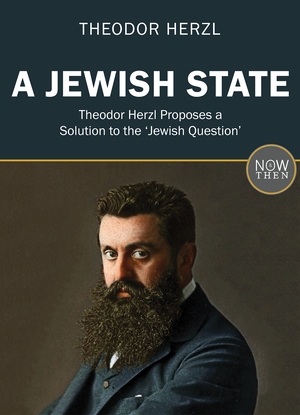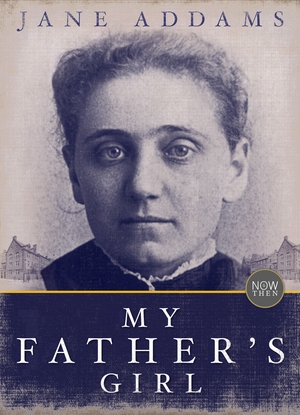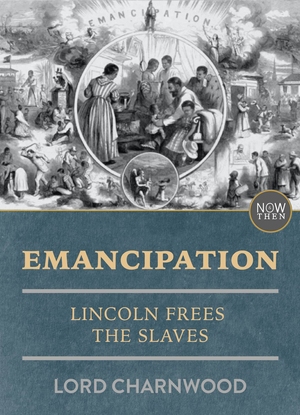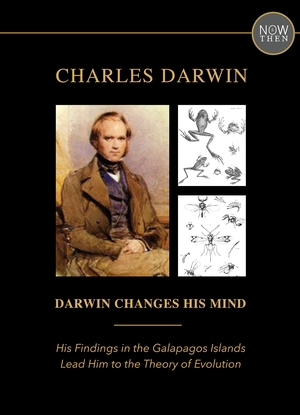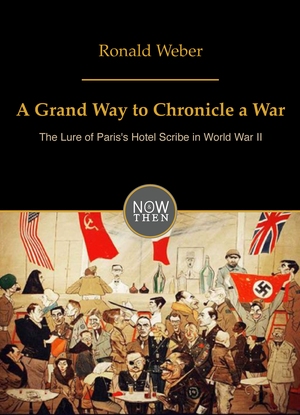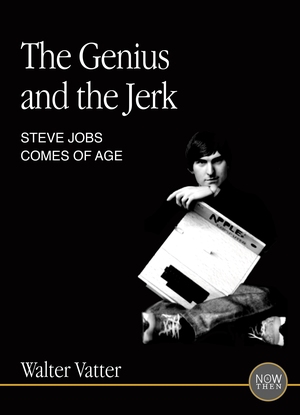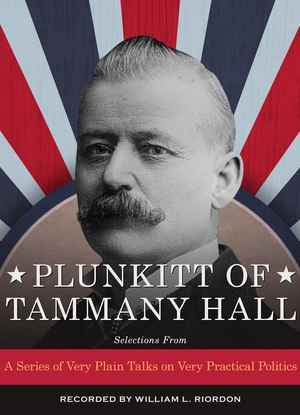Dress British, Think Yiddish - Preview
How Jews Came to Yale in Ivy League Clothing
by Daniel Horowitz
DRESS BRITISH, THINK YIDDISH
George [Pierson] had more on his mind, however. “Leonard Krieger is coming up for promotion to full professor,” he said, “and I do not want to see this department go the way of the law school.” I was stunned. Krieger was a deeply learned historian of ideas, most comfortable in the early modern period, and a talented teacher. He was also Jewish. I made a quick decision to play dumb. I knew the law professors described the rules of their special culture as “dress British, think Yiddish.” But I said, “What do you mean about the law school?” “All of its recent appointments,” George replied, “have been Jews.” I paused before saying, “But I’m a Jew.”
--John Morton Blum, A Life with History (2004)
In 2010, on the eve of Elena Kagan’s confirmation as an associate justice of the United States Supreme Court, Harvard law professor Noah Feldman wrote an op-ed piece for the New York Times in which he praised the WASP elite for having opened up America’s premier institutions of higher education to students on the basis of merit. What he said offers one perspective on changes at Yale University that began to take place when I was an undergraduate there—and in which my father played important roles.
With a title of “The Triumphant Decline of the WASP,” Feldman celebrated how Princeton in particular, but by extension other Ivy League universities, had transformed their admissions policies. He noted that the new approach, which weighed the achievements and promise of applicants more than their pedigrees, had resulted in three Princeton undergraduates—the Jewish Kagan, the Latina Sonia Sotomayor, and the Italian American Samuel Alito—ending up on the Supreme Court. “Unlike almost every other dominant ethnic, racial or religious group in world history,” Feldman asserted, “the very Protestant elite that founded and long dominated our nation’s institutions of higher education and government” had given up its “socioeconomic power by hewing voluntarily to the values of merit and inclusion, values now shared broadly by Americans of different backgrounds. The decline of the Protestant elite,” he concluded confidently, “is actually its greatest triumph.” Although Feldman recognized that the elite had not relinquished power quickly or without reservation, he insisted that “the inclusiveness of the last 50 years has been the product of sincerely held ideals put into action.”
